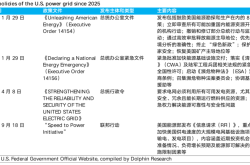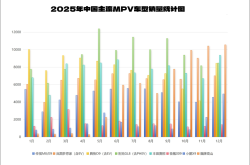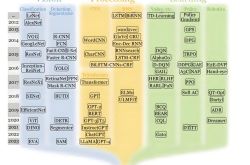Have You Had Enough? Global Crackdown on NVIDIA, and This Time, Huang Renxun Has Angered China as Well
![]() 12/12 2024
12/12 2024
![]() 555
555
Following France, the United States, and the European Union, China has also launched an "antitrust investigation" into NVIDIA.
It's noteworthy that China has traditionally been lenient towards multinational corporations, rarely imposing fines. The last significant penalty was a $6 billion fine against Qualcomm over a decade ago in 2013, due to intolerable practices.
From 2013 to 2024, China refrained from taking action against multinational corporations.
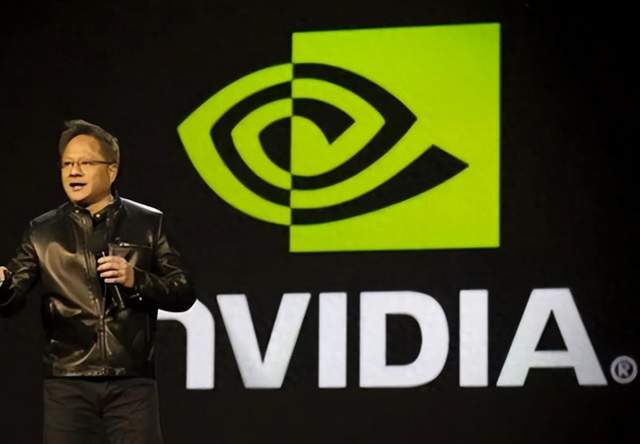
So, why is China now taking action against NVIDIA? Undoubtedly, it's because NVIDIA has crossed the line.
The story dates back to 2019 when NVIDIA prepared to acquire Mellanox, an Israeli networking equipment vendor, for $6.9 billion.
At the time, given the status of both companies, concerns arose that the acquisition could lead to a monopoly. Consequently, many multinational corporations and governments opposed the deal.

In fact, some domestic enterprises also opposed the acquisition. Everyone anticipated that Chinese regulators would do the same, but surprisingly, they ultimately supported it, albeit with five conditions.
Specifically, NVIDIA was prohibited from forcing bundling, restricting customers from purchasing products separately, and had to supply related products to the Chinese market based on principles of fairness, reasonableness, and non-discrimination.
In simple terms, the hope was to prevent NVIDIA from engaging in monopolistic practices or treating the Chinese market unfairly.

NVIDIA readily agreed to these terms at the time, as Chinese approval was crucial for the acquisition's success.
However, over the past few years, NVIDIA has breached these principles by treating the Chinese market unfairly. It has repeatedly restricted GPU graphics cards (from H800, A800 to H20, etc.), limited sales of certain graphics cards to China, forced product bundling, and restricted customers from using AMD graphics cards. This clearly discriminates against the Chinese market and violates the principles of fairness, reasonableness, and non-discrimination.
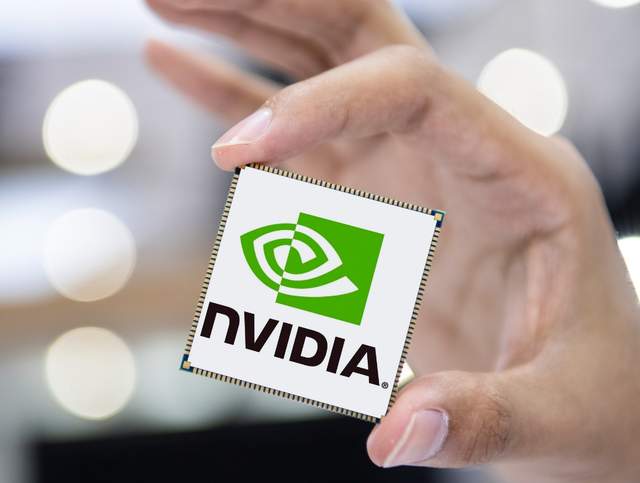
Moreover, NVIDIA has collaborated with Vietnam to establish an AI smart chip R&D center there, essentially building a factory at China's doorstep. The intention is clear: to outpace Chinese enterprises in Vietnam, following the footsteps of Chinese enterprises to obstruct their path.
Consequently, China can no longer tolerate this behavior and must take action against NVIDIA. As a result of this news, NVIDIA's stock price has plummeted by nearly 5% in two days, erasing $100 billion in market value. However, this outcome is entirely self-inflicted.
Media predictions suggest that if NVIDIA's monopoly is established, the fine could amount to at least tens of billions, or even hundreds of billions of yuan.



